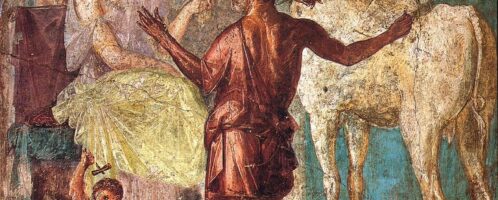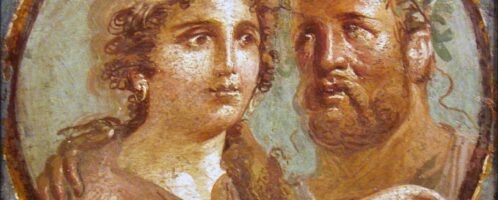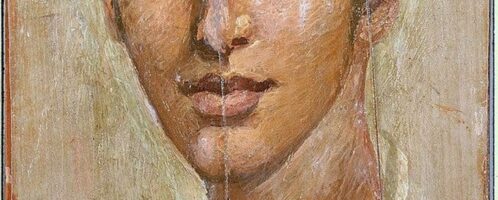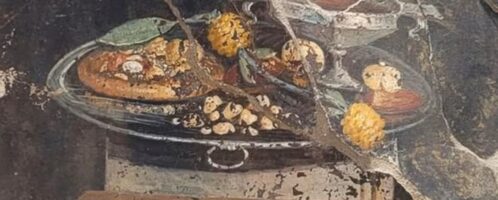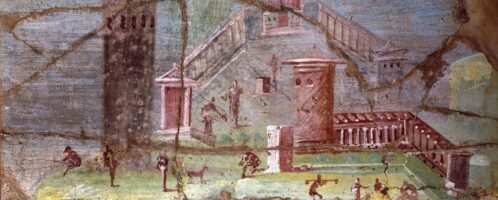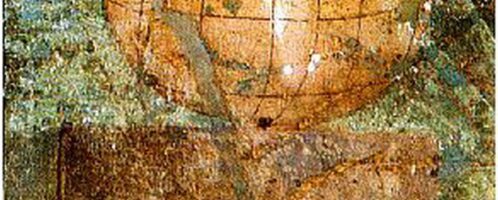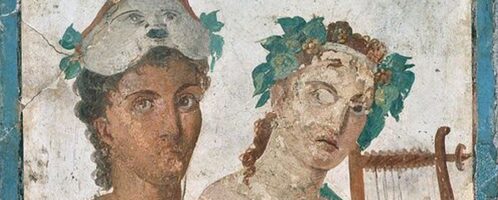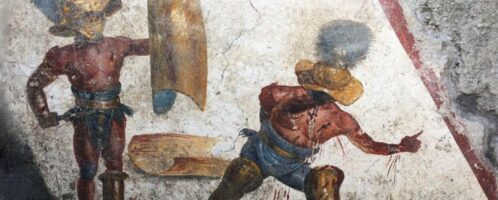Béziers Antique – reproduction of city of Béziers as it was in Roman times
“Béziers Antique” is the reproduction of the city of Béziers (south of France) as it was in Roman times, highlighting the techniques and methods used during Antiquity. Starting in 2028 for at least 30 years, workers and craftsmen will be working on this huge construction site open to the public. Various trades and crafts will be showcased during the visit. Activities, shows, and demonstrations will be offered throughout the year.



